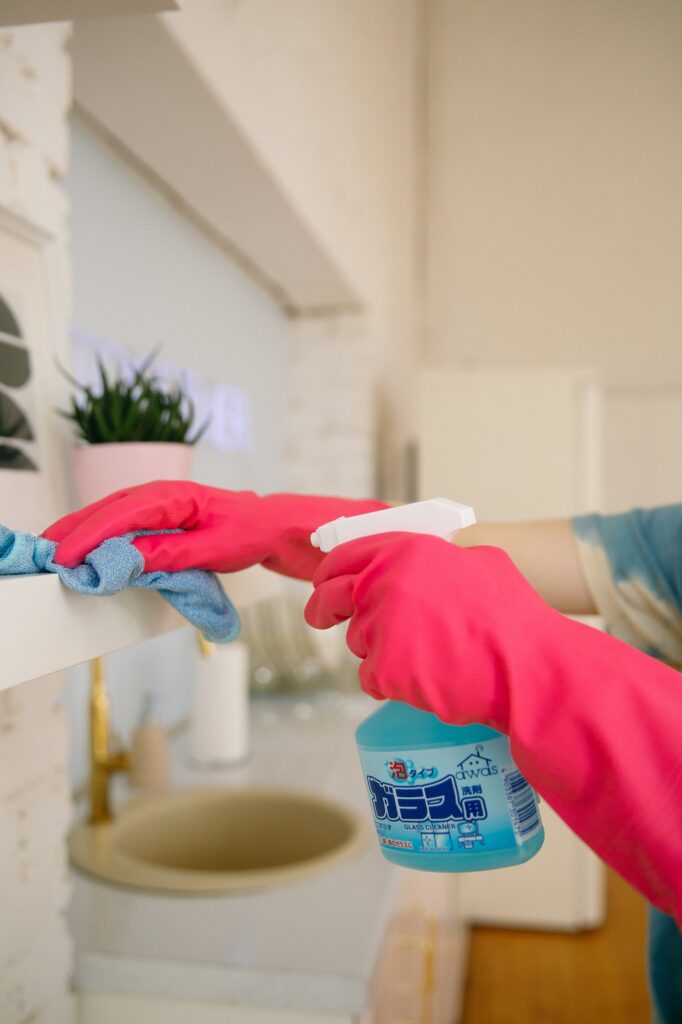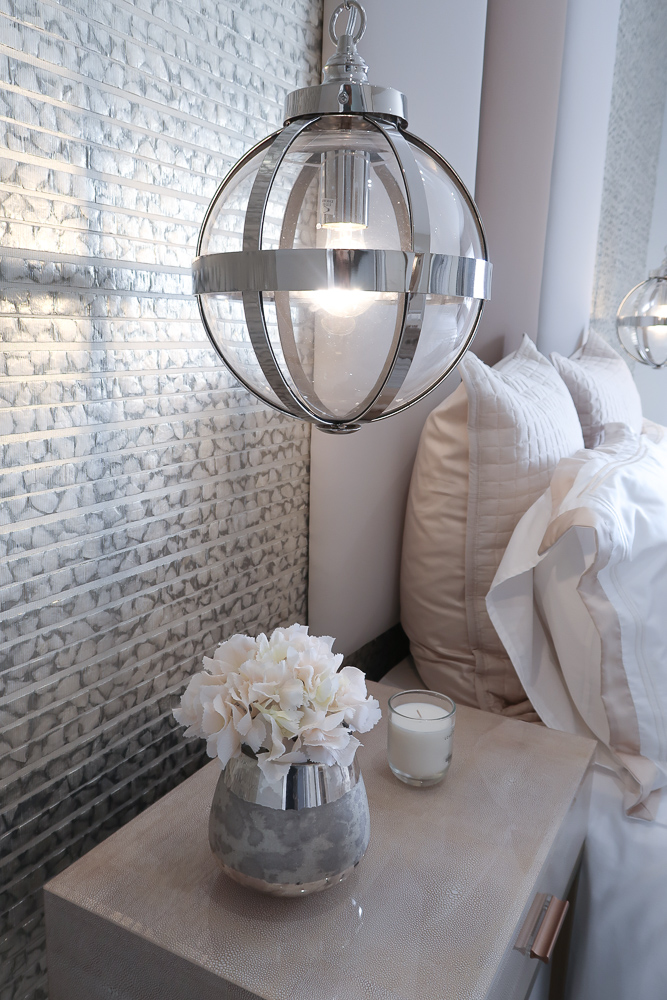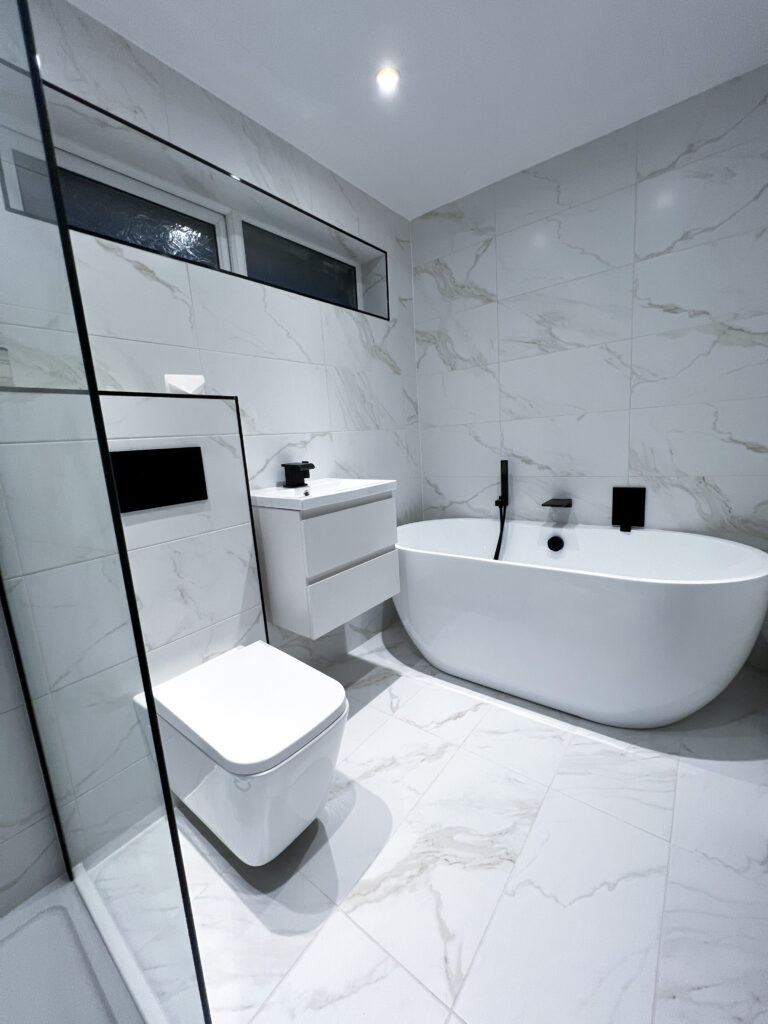Landlords Beware: Following 4 Best Practices Before Renting Out Your Home
Real estate is one of the best investments you can make it. It’s an asset with intrinsic value, it’s something everyone needs, and it typically appreciates in value. Because of these things, you’ve decided to purchase a home and use it as a rental property. It sounds like the perfect way to invest in your future. But as a landlord, which is what you’ll be once you begin renting out your home, there are some things you’ll want to be aware of before you take the plunge.
Landlords Beware: Following 4 Best Practices Before Renting Out Your Home
Thoroughly Background Check Potential Tenants
Weeding through prospective tenants can be tricky. On paper, and even in person, someone may come across as very favourable, but once you delve into their deep, dark past it may be a completely different story. Make sure you perform complete background checks on every person you’re thinking of renting to This includes things like looking into the person’s credit history and finding out if they have a criminal record.
Even if you know the person, you should do a background check on them. Anyone can put on a happy face, but background checks don’t lie. Still, background checks don’t always tell the full story. There may be extenuating circumstances that explain red flags in a person’s background check. You will have the final say on whether or not you rent to someone. You might also consider hiring a property manager.
Make Sure the Tenant Signs a Lease Before Renting Out Your Home
It’s important to make sure that you have a lease agreement ready and available for a future tenant to sign before you list your property on a platform like this or begin your search for a new tenant. A lease is a binding legal document that spells out the rights and responsibilities of both the landlord and the tenant. If you don’t want anyone smoking in your home, that should be written in the lease. If you don’t want pets in your home, that too should be written in the lease.
Even if there is no written contract, the tenant has the same rights as someone who had signed a contract. That includes the right to services like water, heating, and a safe environment. On the same token, you also have rights. Even without a lease, the tenant must still pay rent on time and take care of the property. But it’s always best to document tenant-landlord responsibilities in writing to ensure both parties are clear on their obligations and rights.
Perform a Property Inspection Every Quarter
Although you may not be living in the property you’re renting out, it’s still your property. As such, you’ll want to make sure that you’re keeping an eye on the properties you’ve invested in, especially if you’ve borrowed capital to purchase them. This is typically accomplished through a home inspection that occurs every quarter or so. Some things you’ll want to do are:
- Check the floors and walls
- Check the smoke detectors
- Replace the furnace filters
- Check for signs of water damage or slow leaks
- Check for pests
You’ll want to make sure to give the tenant proper notice, which is typically 24 to 48 hours.
Think About Your Long-Term Plans for the Property
You may not really know what your long-term plans are for the property, but it is something that should be in the back of your mind. Are your plans to hold on to the property for the foreseeable future or sell it?
Will you continue to rent it out as a long-term rental or would using it as a vacation property better meet your needs? Knowing your plans for tomorrow can guide your actions today.
The good news is that as a property owner you have a lot of options. That’s something else you’ll want to keep in mind. You also have time on your side, since real estate is typically a long-term investment.
Renting out your home is a big step that comes with a lot of responsibility, but it can also be a financially rewarding experience. Before renting out your home, you’ll want to make sure to conduct thorough background checks on prospective tenants, make sure to have tenant-landlord responsibilities in writing, and don’t neglect to perform quarterly inspections of the property. Keep in mind that although someone else is living in the house, it still belongs to you.









